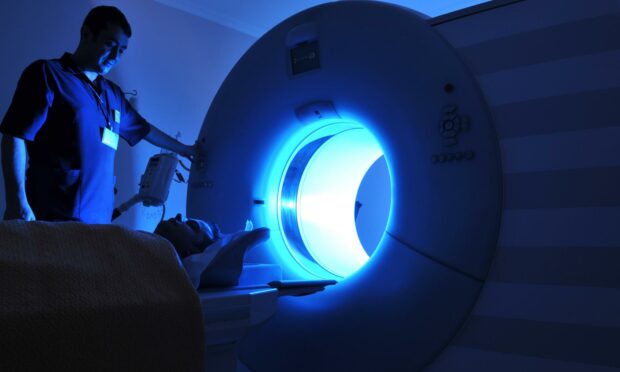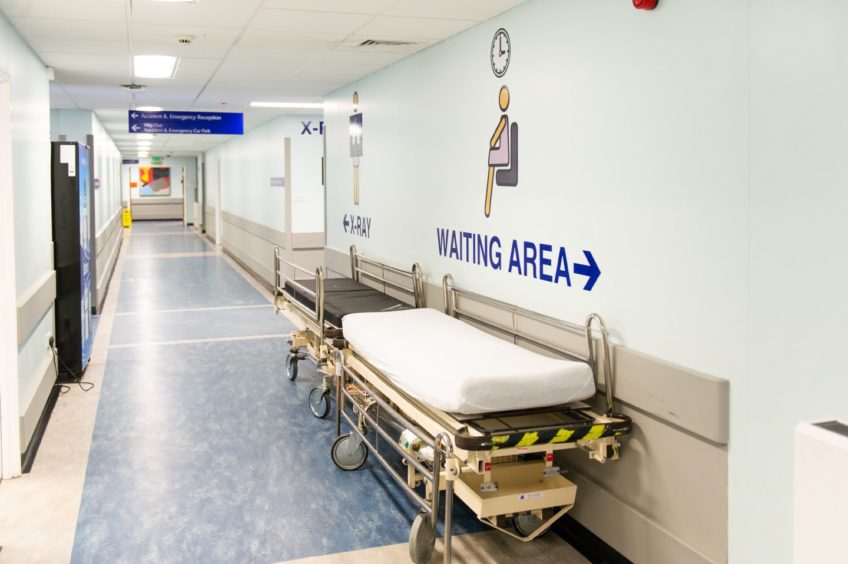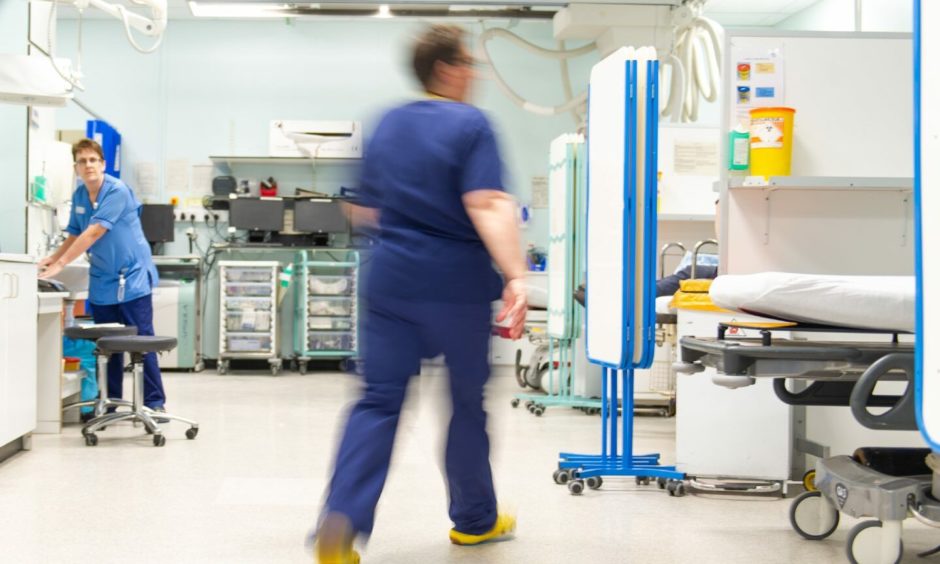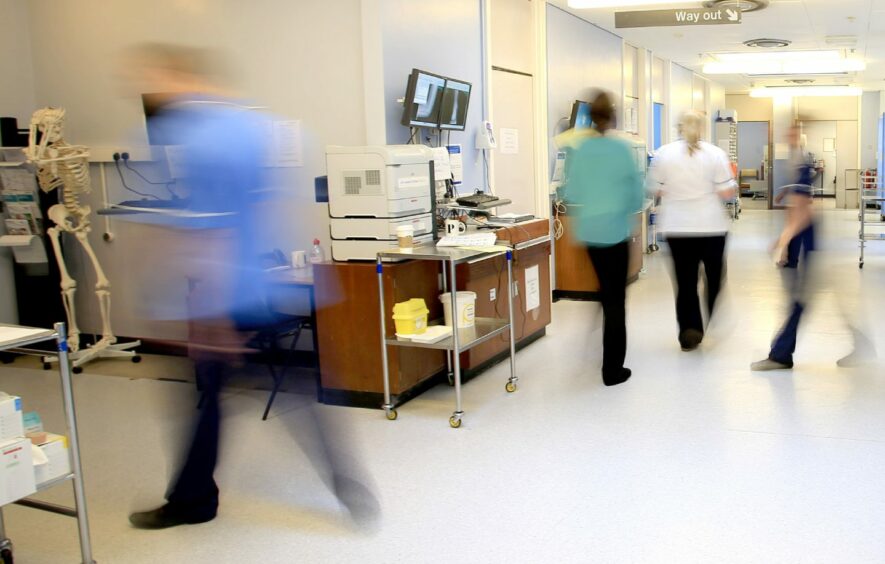NHS Tayside have apologised to a patient with liver cancer after incorrectly telling them they were dying.
The cancer sufferer was told their condition was terminal and they had only months to live.
But they later went on to be operated on successfully – only after requesting their own referral.
A damning report by the Scottish Public Services Ombudsman highlighted strong criticism of the patient’s treatment.
The Health Board issued an apology this afternoon to the patient, referred to as C, and said a plan was already in place to meet the recommendations of the report.
The report reveals a catalogue of complaints, the majority of which were upheld.
What were the complaints?
Liver cancer patient C says:
- There had been “significant delays” in carrying out appropriate tests.
- They had to chase up and request treatment on a number of occasions.
- They received an “unreasonable prognosis” by being told they were terminal and only had months to live.
The report goes on: “They told us they were only referred to a liver surgeon at their request, who was subsequently able to operate successfully.”
‘Unreasonable delays’
After taking independent advice from a cancer specialist, the Ombudsman found there had been “unreasonable delays” in carrying out C’s tests.
They highlight failures to:
- Appropriately refer on results of a scan – resulting in C having to chase this up and request a referral through their GP.
- Mark a request to carry out a biopsy as urgent – resulting in further delay.
They say: “The failures contributed to a delay in providing both diagnosis and treatment for C which was well out with normal guidelines for cancer treatment.”
“Unreasonably self-driven”
Because C had to seek a referral from their GP about the scan, it was “considered to be evidence their care had been unreasonably self-driven.”
They also found an “unreasonable prognosis.”
The report adds: “It was clear the consultant in question was not best placed to provide a prognosis.
“Further consultations were required before an accurate prognosis could be given.”
Another aspect of the complaint about a consultant’s assessment of C’s appearance wasn’t upheld.
What NHS Tayside has to do now
The Ombudsman gave a list of what the Health Board has to do which includes apologising to C for:
- Unreasonably delaying investigations into their liver lesion
- Failing to refer their MRI results to the Multi Disciplinary Team (MDT)
- Providing an unreasonable prognosis.
Longer-term changes
The Ombudsman recommends NHS Tayside makes the following changes to put things right in future:
- Discussions about prognosis should take place with the appropriate clinician in light of a full consideration of the treatment options available
- Requests for liver biopsies should be marked as urgent where necessary
- The board should ensure all investigations into possible cancer are completed within the timescales set out in guidelines, wherever feasible
- Where appropriate, MRI results should be referred to the MDT and actioned promptly.
NHS Tayside has been asked to provide evidence they’ve implemented the recommendations by a deadline set by the Ombudsman.
A spokesperson from NHS Tayside says: “We are sorry that treatment and care in this case fell below the standard we would expect.
“We have apologised to the patient and a plan is in place to action all of the recommendations.”














